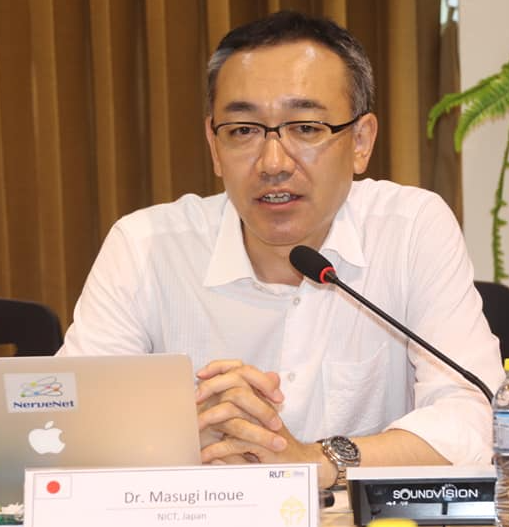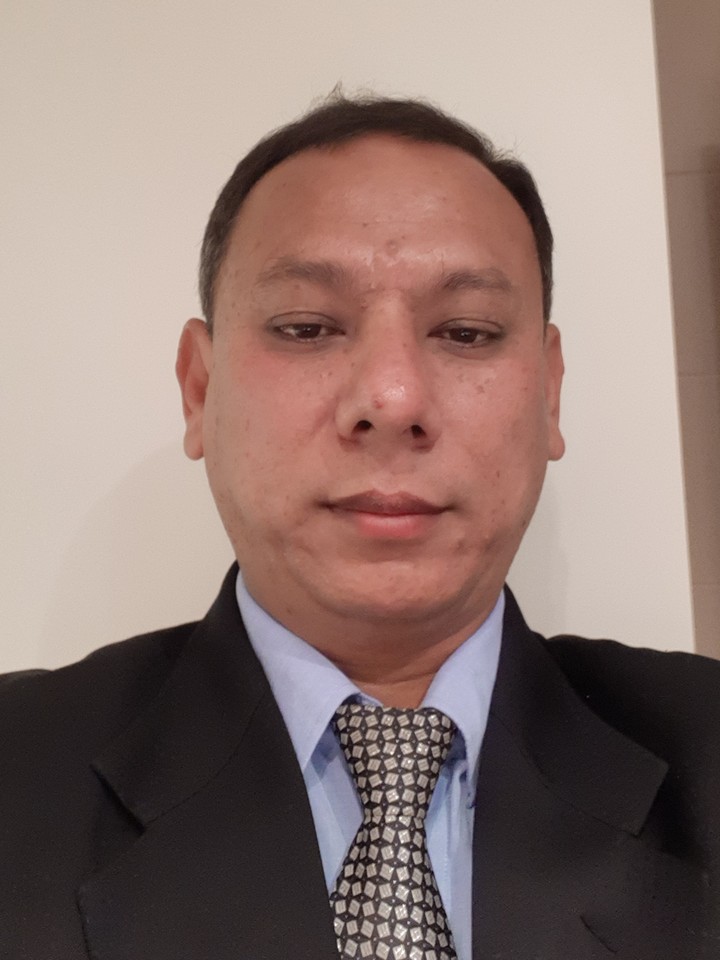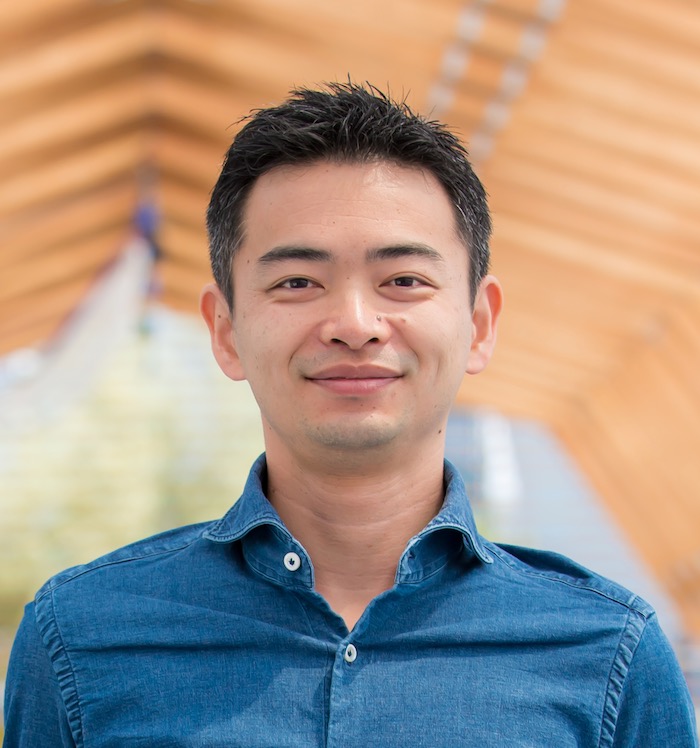Keynote
Keynote Speech 1 (4th, Nov. 2019)
Regional Communication and Information Sharing Platform for Smart CommunityAbstractNerveNet is a solar-powered, Internet-independent, resilient, secure, information sharing and communication platform technology developed by NICT. You can easily deploy your own NerveNet using Linux PCs on the market including Raspberry Pi as NerveNet basestations and using a variety of transmission systems on the market such as optical and metal Ethernet, Wi-Fi, cellular, and LoRa to interconnect the basestations, configuring a network in any topology including mesh for obtaining resilience to failures. The basestations cooperatively perform distributed database, providing data applications to users without the Internet. With these features, it is being used in some locations in Japan. It is also being used as village network in rural areas in Cambodia for offering digital educational contents to students there. We conducted some other international projects applying NerveNet to social challenges such as smart city, disaster preparedness, and last-mile connectivity. I will talk about the overview of the technology, projects and use cases, and try to address future vision and potential use cases in Nepal. |
|
 |
Dr. Masugi InoueInternational Research Advancement Office, Global Alliance Department, National Institute of Information and Communications Technology (NICT), Tokyo, Japan BiographyDr. Magusi Inoue graduated from Kyoto University in 1992 and received a doctorate of engineering from The University of Tokyo in 1997. Since he joined Communications Research Laboratory (CRL), which was reorganized as NICT in 2004, he has been engaged in the research and development of ultra-high-speed WLAN systems in millimeter-wave bands, mobile personal area network systems, ID-locator split architecture and protocol (HIMALIS) for future Internet, autonomous device-to-device communication system, resilient network system. In particular, since 2006, he has been working for R&D of resilient, regional-area platform system called NerveNet, which was deployed and has been operated in some domestic and overseas locations. In his current position since April 2016, he has been working on international cooperation under ASEAN IVO, Japan-US and Japan-EU Joint Research Programs. He was a visiting researcher at Polytechnic University (now the Polytechnic Institute of New York University), New York, in 2000. He served as Director of General Affairs, Director of Finance, and Associate Editor of Transactions on Communications for the IEICE Communications Society. He also served as Chairman of the Technical Committee on Mobile Network and Applications (MoNA) and as a member of ten Technical Committees of IEICE and MBL of IPSJ. He received the IEICE Young Researcher’s Award in 2003, the Best Paper Award from IPSJ in 2006 and 2007, and the Young Scientists’ Prize in 2007 and the Prize for Science and Technology in Development Category of the Commendations for Science and Technology in 2019, both given by the Minister of Education, Culture, Sports, Science and Technology. |
Keynote Speech 2 (4th, Nov. 2019)
Information Security Management in e-GovernanceAbstractThe purpose of the key note is to explore and find a research gap in Information Security in E-Governance in context of Nepal. The keynote speech clearly depicts the requirement of research in the field of Information Security management in e-governance in a country like Nepal. An understanding of the information security and the need for its implementation and management is key for safer, secured and smooth functioning of e-governance implementation. |
|
 |
Prof. Dr. Subarna ShakyaDepartment of Electronics and Computer Engineeing, Tribhuvan University, Nepal BiographyProf. Dr. Subarna Shakya holds Ph.D. in Computer Engineering from Lviv Polytechnic National University, Ukraine. He served as Executive Director at National Information technology Center, Government of Nepal and also head of Department of Electronics and Computer Engineering, Director of Center for Information Technology and Chairman of Electronics and Computer Engineering Subject Committee, Institute of Engineering, Tribhuvan University. He has also served as coordinator of EURECA (European Research and educational collaboration with Asia) and IDEAS (Innovation and Design for EuroAsian Scholars). Project is financed by the European Commission through the Erasmus Mundus Program .He is Professor of Computer Engineering at Department of Electronics and Computer Engineering, Pulchowk Campus, Institute of Engineering, Tribhuvan University and also Visiting Professor in Brown University, Rhode Island, USA. He is the advisor member of National Information Technology Committee, Government of Nepal. He has published more than 80 technical and policy related papers in national as well as international reputed journals. He is steering committee member in School on Internet (SOI), Kieo University, Japan. He is presently serving as project coordinator of LEADER (Links in Europe and Asia for engineering, education, Enterprise and Research exchanges) financed by the European Commission through the Erasmus Mundus. He has delivered his key note speech in Seoul National University, South Korea and in the 16 International Multi Topic Conference (INMIC) 2013, 18 Dec 2013, Lahore, Pakistan organized by University of Engineering and Technology and IEEE and Invited Speaker in "e-Government Implementation in Nepal, 8 Oct 2012 at San Diego University, San Diego, USA as well as on "e-Government initiative and adopting Cloud computing as an e‐Government Platform in Nepal" 8 Oct 2014 at University of Nevada, Las Vegas, USA. He has given key note speech on "Implementing Cloud Service Models in e-Government at IEEE ICCCA, 29 April, 2016 at Galgotias University, India. He has also Invited Speaker in "the Cloud computing for eGovernment Implementation” 3 Oct 2016 at Santa Clara University, Santa Clara, San Francisco , USA. He has given key note speech on "Cloud Computing for Sustainable development" at IEEE ICCCA, 6 May 2017, 2016 at Galgotias University, India and also key note speech on “Cloud Computing security and challenges “, 11 January 2018, “IEEE 8th International Conference on Cloud Computing, Data Science & Engineering” Organized by Amity University, Noida, India .He is the expert member of Board of studies in South Asian University, India. He is the Life Member of Indian society for mathematical modeling and Computer Simulation, IIT, Kanpur, India, Member of IEEE, Member of the Society of Digital Information and Wireless Communications, Senior Member of International Association of Computer Science and Information Technology (www.iacsit.org), Hon. Fellow Member of Scientific Society of Advanced research and social change, www.ssarsc.org and Senior member of science and engineering institute, (SCIEI), www.sciei.org. He is keen interest in research and development of ICT, e-government system, Information security for e-Government system, multimedia system, Computer Systems simulation and modeling, Cloud computing & Security, Energy Efficiency in cloud computing, Information system, computer architecture and software engineering. He was awarded by Nepal Education Leadership awards 2017, 18 Dec 2017 and outstanding contribution to education, 17 Dec 2018 by World CSR Day and World Sustainability. Also Awarded 100 most dedicated professors, 4th July, 2019. World education congress. |
Keynote Speech 3 (5th, Nov. 2019)
Time to Integrate XR and Ubiquitous ComputingAbstractAfter the decades of research and development, virtual reality (VR) is finally coming to the market. VR using the head mount display (HMD) differs from conventional TV type display in its potentiality to affect human cognition. The HMD is also realizing the mixed reality (MR) with which users can walk around outdoor and interact with environment. In this stage, the HMD would be the key edge device of ubiquitous computing. Extended reality (XR) is a term referring to all real-and-virtual combined environments which includes both VR and MR. The talk will highlight the current status and future of VR and MR with some of concrete proof of concept projects done with industries mainly in Japan. Some of the technical fields we are working on are 360 video processing, live streaming, VR contents creation, 3D metaverse, and entertainment system using VR & MR. As smart phone changed the way we live and work, HMDs and glass type devices will change the way we live and work. |
|
 |
Dr. Soko AokiChief Executive Officer, Kadinche Corporation / Chief Technology Officer, Miecle Coropration / Secretary General, Pax Earth BiographyDr. Soko Aoki is the Chief Executive Officer of Kadinche corporation Tokyo Japan. Kadinche is developing industrial 360 video and VR system in B2B market. The company also co-founded Miecle corporation, a VR & MR entertainment company with Shochiku Inc. & Samurai Inc. in 2018. He is also the secretary general of a specified non-profit corporation called Pax Earth working on rural development and environment education in Nepal. Before founding Kadinche he had been a research scientist at A-cubed Research Center, Sony Corporation in which he was working on image signal processing. He received his Ph.D. from Keio University worked on ubiquitous sensor and actuator network. |





